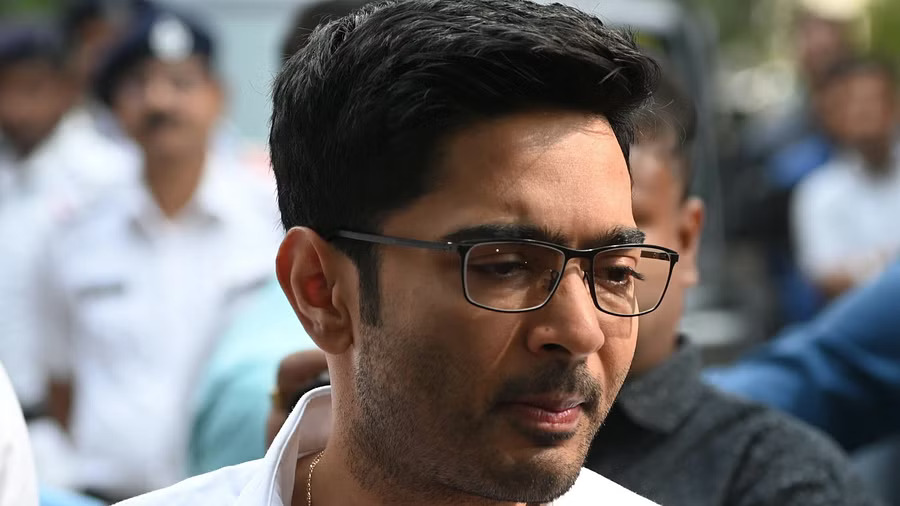As the Trinamool Congress engages in internal deliberations on its leadership and political strategies, Abhishek Banerjee, a prominent party figure, has put forth the idea of implementing a maximum age limit in politics. This proposal adds an intriguing dimension to the ongoing discourse within the party, bringing attention to the dynamics of generational shifts and the need for rejuvenation in political leadership.
Abhishek Banerjee’s advocacy for a maximum age limit in politics reflects a broader consideration of the evolving landscape of Indian political parties. The call for generational transition and the infusion of new perspectives is not unique to the Trinamool Congress but resonates with discussions taking place across various political arenas.
The suggestion of an age limit in politics prompts a reevaluation of the traditional notions of leadership and political longevity. It underscores the importance of fostering a leadership pipeline that accommodates fresh voices and ideas, aligning with the changing aspirations and demographics of the electorate.
In the context of Trinamool’s internal dynamics, Abhishek Banerjee’s proposal may be seen as an acknowledgment of the party’s commitment to adaptability and responsiveness to contemporary challenges. The party, led by Mamata Banerjee, has been a significant player in West Bengal politics, and discussions about its future leadership structure are pivotal in ensuring its continued relevance.
While the idea of an age limit in politics raises pertinent questions about experience versus innovation, it also signals a commitment to creating a leadership framework that combines the wisdom of seasoned politicians with the dynamism of the younger generation. Striking the right balance between experience and fresh perspectives is essential for the sustained vitality of any political party.
As the Trinamool Congress navigates this internal debate, the proposal by Abhishek Banerjee adds a layer of introspection to the party’s narrative. It invites a discourse on leadership transitions, succession planning, and the role of diverse voices in shaping political trajectories.
In conclusion, Abhishek Banerjee’s advocacy for a maximum age limit in politics within the context of Trinamool’s internal dynamics underscores the evolving nature of political discourse in India. The proposal prompts a critical examination of leadership structures and the imperative for adaptability in political parties to meet the expectations of a changing electorate. The ensuing discussions will likely shape the trajectory of Trinamool Congress and contribute to broader conversations about the future of political leadership in the country.
Sponsored
FACTS Transcripts
Apply for a University document anywhere
https://www.factstranscript.com
Quick Transcripts for popular Universities, check your University name now and get started. We help you to get your transcript application online which is accepted for use of IRCC.
No DD, NO Paperwork. 100% Authentic, Reliable.
FACTS Transcripts Charges · Reviews · Assam Universities · Home · Know your University










